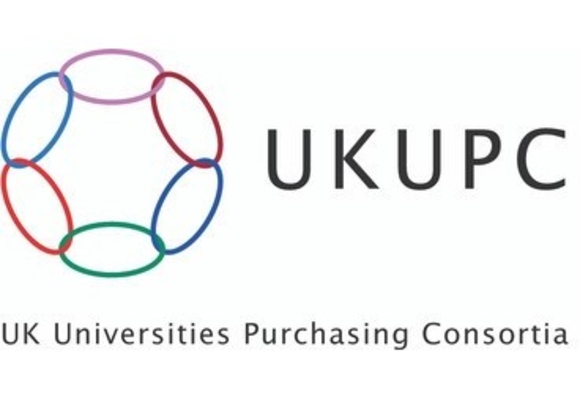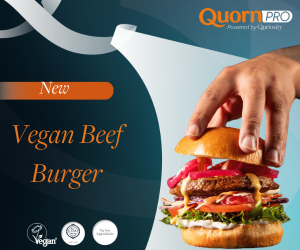Allergen legislation introduced in 2014 - requiring all food businesses to tell customers if any of the food they provide contains any of the 14 listed allergens as an ingredient – is now embedded into operations, but caterers will soon need to embrace new standards in allergen management when ‘Natasha’s Law’ is formally introduced.
Passed as legislation in September 2019 and coming into force from October 2021, ‘Natasha’s Law’ requires food businesses to include full ingredients labelling on all food that is pre-packed for direct sale, such as sandwiches, salads and cakes.
Named after teenager Natasha Ednan-Laperouse, who tragically died after suffering an allergic reaction to a Pret a Manger baguette, the law is designed to protect those with allergies and give them greater confidence in the food they buy.
While university caterers will already be on top of allergen management and may be aware of the forthcoming legislation, preparing to implement the changes during a global pandemic presents an additional operational challenge that we know they could do without.
However, as the tragic death of Natasha Ednan-Laperouse demonstrates, it is essential that customers know what is in the food they are buying, so caterers must ensure they comply with the new legislation to keep university students and staff safe.
Following TUCO’s Code of Practice on the management of food allergen awareness will ensure all key areas – from safe storage and preparation to labelling and staff training – are taken care of, but the question is – how do you ensure each step is being followed correctly and confidently?
According to a survey of hospitality operators by Access, 71% of respondents are reliant on manual processes when it comes to allergen management, which may stem from a mistrust of technology in the kitchen, or is simply because it’s ‘the way it’s always been’.
The same report highlighted that 48% of respondents are also concerned about the way they handle allergens, although this figure fell to 42% when operators used technology to manage this element of the business.
The answer to managing food allergen awareness correctly and with confidence, therefore, is to enlist the help of technology. Using a central information system to support robust operational systems and staff training is a good way to ensure everyone is aware of what ingredients are in the food being served to customers – whether they are taking it away, or eating in.
Being able to access crucial information on potential allergens in the ingredients that are bought in, then seeing how they are being used by catering staff to create dishes (as can be done through TUCO Online) and finally being able to use that information to accurately label pre-packed dishes will help give peace of mind to operators that allergens are being managed correctly.
Technology can also play a key part in communicating relevant allergen information to students. While packaging will display full ingredients labelling, menus available online or through Apps or QR codes stating key allergen information, will provide another avenue for important information to be shared about the ingredients included in a student’s chosen dish.
If you want to find out more about how you can be prepared for the changing legislations around allergens, visit https://www.tuco.ac.uk/procurement/eprocurement or contact us at [email protected].










